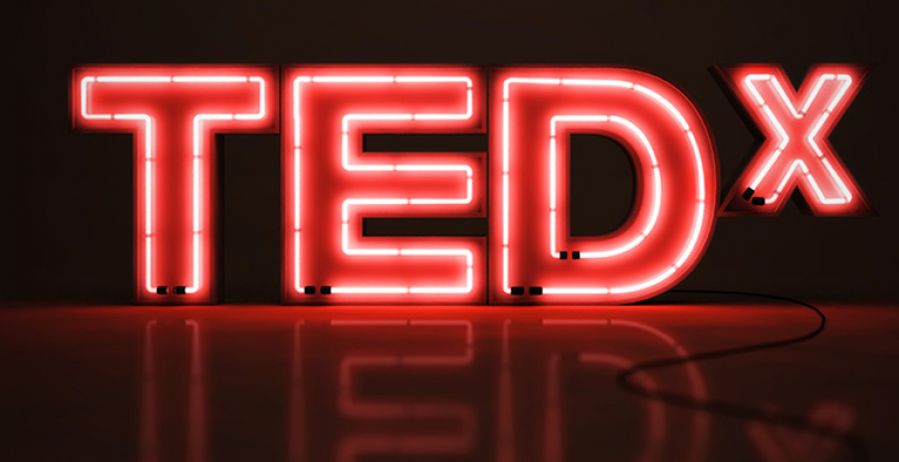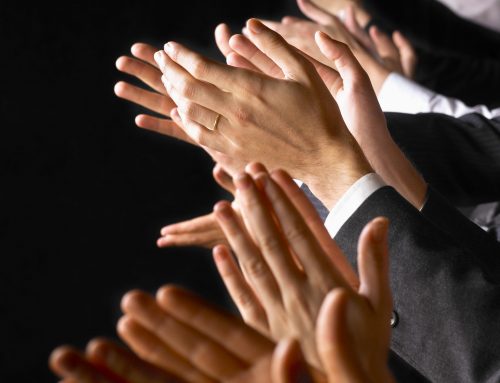TED Talks COVID 19
Covid-19 has turned the world completely upside down. Changing everything from the way kids go to school to adults coping with working from home. It has even changed our fashion industries adding masks into the must-have health accessory. The Coronavirus has been hard on us all, TEDx has ted talks to help you stay informed, updated, and helps you come up with solutions for your family to cope in quarantine. Take a look at some of the Ted talks that are helping make an Impression on the world and COVID-19.
Alex Rosenthal and Pall Thordarson: Which is better: Soap or hand sanitizer?
Up close you, would not even realize your hands, are not even close to soft and smooth. There are peaks and valleys, folds, and rifts, and there are plenty of hiding places for a virus to stick onto. That is how the virus will infect you and others around you. Every day you are touching your eyes, mouth, nose. Without even realizing it. Then it progresses to you touching door handles car doors clothes kitchen items your phone and computer, etc. That is how viruses are mostly spread to others. But there is a way you can keep the spreading of the virus from happening and keep your hands clean from the virus: soap and water, and hand sanitizer. But which is better to use?
Adam Kucharski: How can we control the coronavirus pandemic?
As the Coronavirus continues to threaten us, Infectious disease expert and TED Fellow Adam Kucharski answers five questions about the novel coronavirus that the public is craving to know the answers to. Providing necessary perspective on its transmission, how governments have responded, and what might need to change our social behavior to end the pandemic. Follow as Adam Kucharski helps us understand this dreadful disease and shows how to possibly cope with the idea of a new normal.
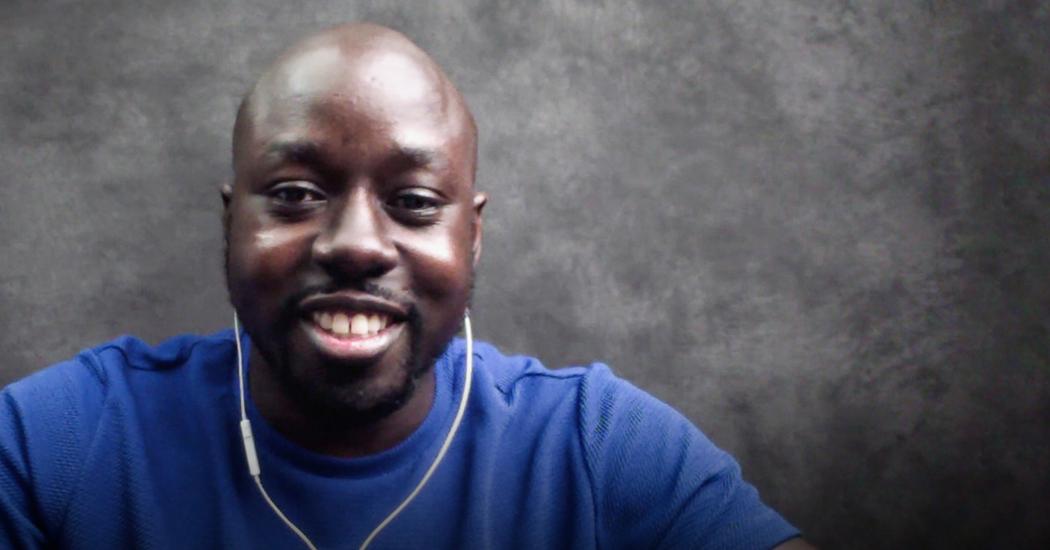
Kwame Owusu-Kesse: 5 needs that any COVID-19 response should meet
Crisis interventions often focus on a single aspect of a big, complicated problem, failing to address the broader social and economic context. Kwame Owusu-Kesse describes how the Harlem Children’s Zone is taking a more holistic approach to the pandemic, weaving together a network of services to help communities recover and rebuild.
Jerome Kim: The trials, tribulations, and timeline of a COVID-19 vaccine
Everything in this world takes time. Especially coming up with a new vaccine that will save and protect us from the harsh coronavirus. It normally will take the scientists up to 5-10 years to develop a vaccine. Just creating the vaccine costs about a billion dollars and has a failure rate of 93 percent. Under the pressure of the coronavirus pandemic, scientists are being asked to speed that timeline up to 12 to 18 months, explains Jerome Kim, director-general of the International Vaccine Institute. How are things going?
Uri Alon: A COVID-19 “exit” strategy to end lockdown and reopen the economy
How long do you think until we return to work normally, without causing a second rush of Coronavirus? Is it even possible to go back to a normal working space? Biologist Uri Alon shares a thought-provoking strategy: four days at work followed by 10 days of lockdown, a cycle that would exploit a weakness in the virus’s biology and potentially cut its reproductive rate to a manageable level.
Dan Kwartler: How fast can a vaccine be made?
When a new pathogen emerges, our bodies and healthcare systems are left vulnerable. And when this pathogen causes the outbreak of a pandemic, there is an urgent need for a vaccine to create widespread immunity with minimal loss of life. So how quickly can we develop vaccines when we need them most?
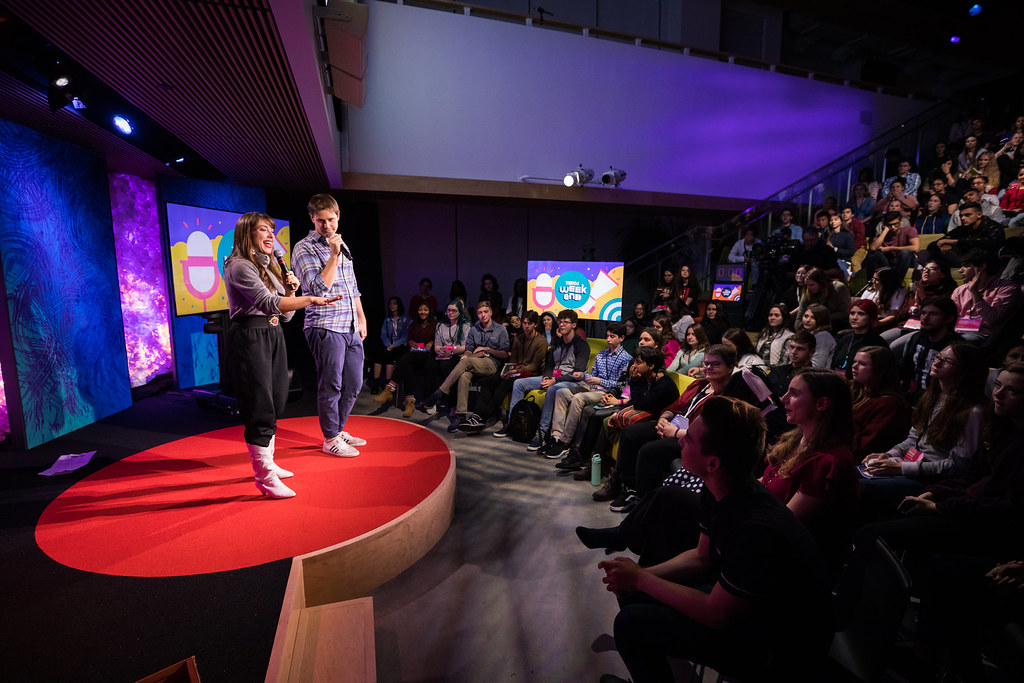
James Ludwig: How organizations can create safe, inviting workplaces for returning employees
A lot of our thoughts about work have changed since the breakout of the coronavirus pandemic hit. It changed how we think about our workplaces. TED curator Chee Pearlman and James Ludwig, vice president of global design and product engineering at Steelcase, discuss how we can use this time as an opportunity to reflect on what matters most – and make the office of the future even better in the process.
OK Go: “All Together Now”
As the surreal reality of COVID-19 unfolded around the world, musician Damian Kulash and OK Go started working on a song, looking to art as a way to access something past the immediate anxiety of the moment while sheltering in place. Inspired by the ritual of raising a cheer for frontline workers every evening and some incongruous bouts of hope.
Aaron Maniam
New ways to understand life in a pandemic
Poet and policymaker Aaron Maniam describe how the language we use to explain COVID-19 shapes the way we think about it — whether it’s as a “war,” a “journey” or, as he suggests, an “ecology.” He encourages us to explore a range of imaginative, interlocking metaphors to gain a deeper understanding of the pandemic — and shows how this can help us to envision a better, more inclusive future.
What is TEDx?
TED is a nonprofit devoted to spreading ideas, usually in the form of short, powerful talks (18 minutes or less). The TED organization began in 1984 as a conference where Technology, Entertainment, and Design converged, and today covers almost all topics — from science to business to global issues — in more than 100 languages. Meanwhile, independently run TEDx events help share ideas in communities around the world.
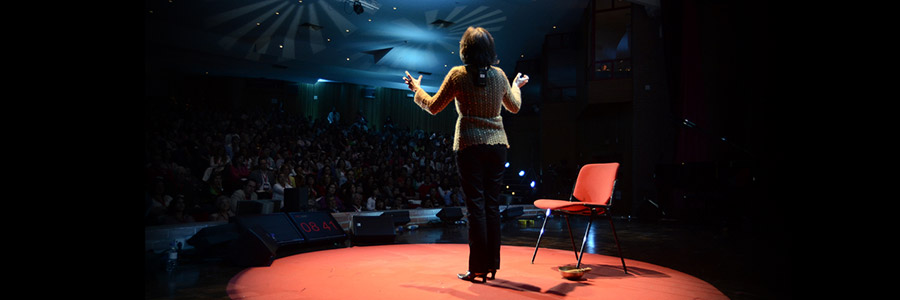
The Mission to spread ideas
TED is a global community, welcoming people from every discipline and culture who seek a deeper understanding of the world. Additionally, we believe passionately in the power of ideas to change attitudes, lives, and, ultimately, the world. On TED.com, we’re building a clearinghouse of free knowledge from the world’s most inspired thinkers — and a community of curious souls to engage with ideas and each other, both online and at TED and TEDx events around the world, all year long.
TEDx Winter Park
At a TEDx Winter Park event, TED Talk video and live speakers combine so to spark deep discussion and connection. Above all, these local, self-organized events are branded TEDx, where x = independently organized TED event. The TED Conference provides general guidance for the TEDx program, but individual TEDx events are self-organized.
You can become a speaker and TEDx presenter too. How? Well, one easy way is to keep in touch with TEDxWinterPark and see when we are going to host our next event. See what our theme is for this next event and apply to be a presenter. Let us know what you want to present and how it relates to our theme. Let us know what might make you an expert on the topic you want to speak about. Email us at info@tedxwinterpark.com or reach out to us on our social media.

